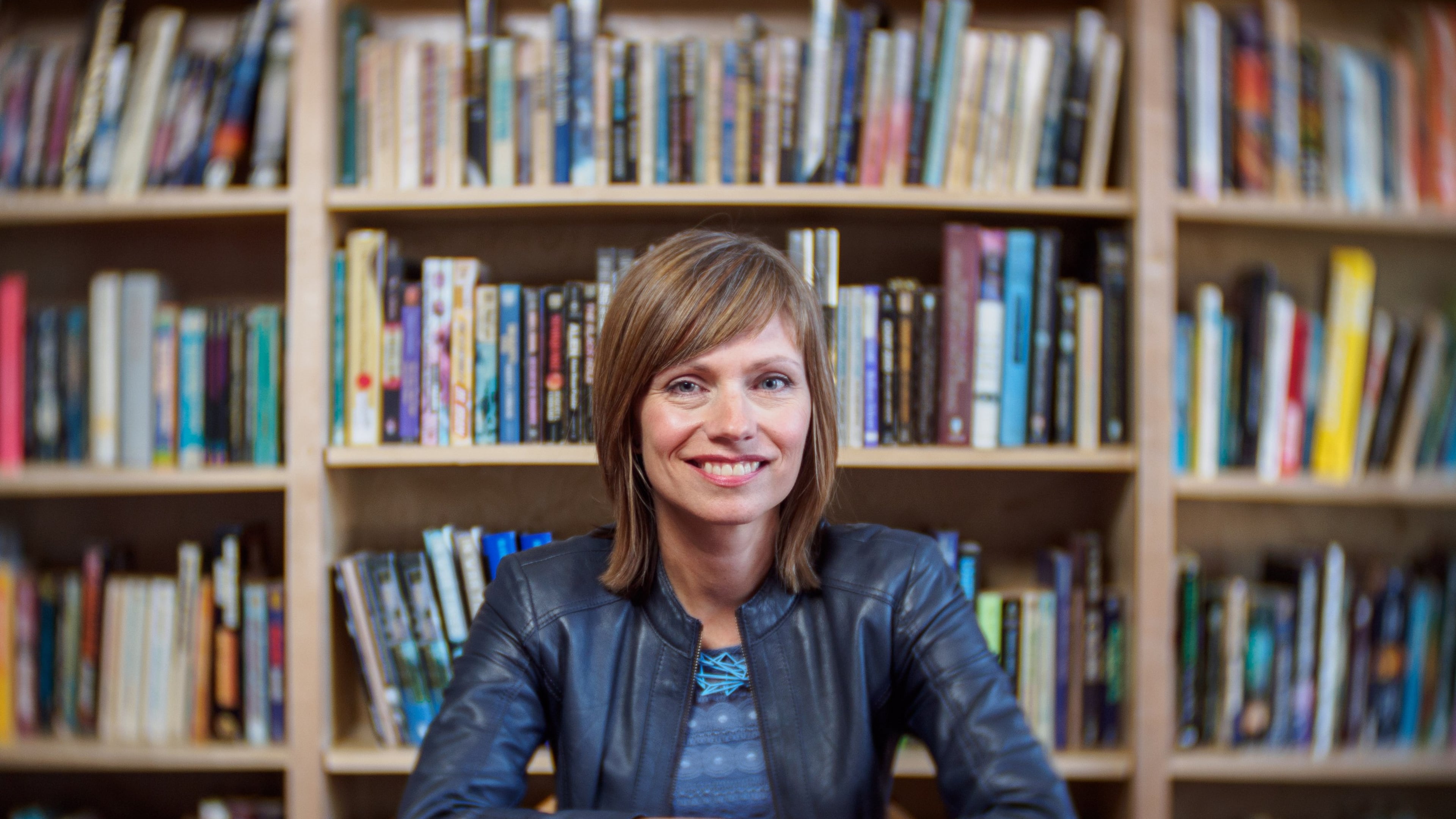Ga. Tech prof: Looking for the science in sci-fi

Who puts the science in science fiction movies?
Hardly anybody, it seems.
Lisa Yaszek, professor of science fiction studies at Georgia Tech, said “It’s hard to make science really exciting on the big screen. It’s easier to blow things up.”
But a few directors score points with Yaszek, notably James Cameron, whose visions of aliens, the future and artificial intelligence are often moderately faithful to physics.
Yaszek is part of a new AMC series called “James Cameron’s Story of Science Fiction,” which airs on Monday nights at 10 p.m.

In the six episodes she is among the celebrities and scientists talking about aliens, time travel, outer space, dystopian futures, monsters, and “intelligent machines.”
In “Aliens” Cameron captures a world in which corporate greed tramples on the human spirit and yet the spirit bounces back.
“I like ‘Aliens,’” she said. “I feel it created the look of the future that made sense -- maybe not scientific accuracy but social accuracy. What if corporations went into space?”
Yaszek, who studies gender in movies, points out that “Aliens” also give us the first female hero who saves herself.
(That would be Sigourney Weaver as Ellen Ripley, who dons a giant metal exoskeleton and battles the Queen Alien, mano-a-mano.)
For Cameron, however, science doesn't get in the way of spectacle. "Who doesn't want to see a person inside a giant robot fighting a giant alien?" Yaszek asks. "What would it be like if you have one mother fighting another?"
Yaszek, 48, enjoyed science fiction movies as a youngster, and remembers her parents taking her to see the first “Alien” movie in the theater when she was 11 years old.
She grew up to become a scholar of the genre, and teaches in the Ivan Allen School of Liberal Arts at Tech.
She flew to Los Angeles and New York to tape her interviews for the Cameron series, which also includes interviews with Steven Spielberg, George Lucas and other luminaries.
The series launched April 30 on the anniversary of the release of "2001: A Space Odyssey," a movie that Yaszek said changed all the rules in science fiction films.
Instead of cheesy sets, there were big budget special effects. Instead of wordy exposition there was “The Blue Danube.” It adopted the cryptic style of the French New Wave, asking “The big questions of science fiction -- Are we alone in the universe? Do we have free will? Do other beings control us? -- but it does it in a brand new way.”
"James Cameron's Story of Science Fiction," 10 p.m. Mondays, on AMC. Earlier episodes can also be seen online here.


